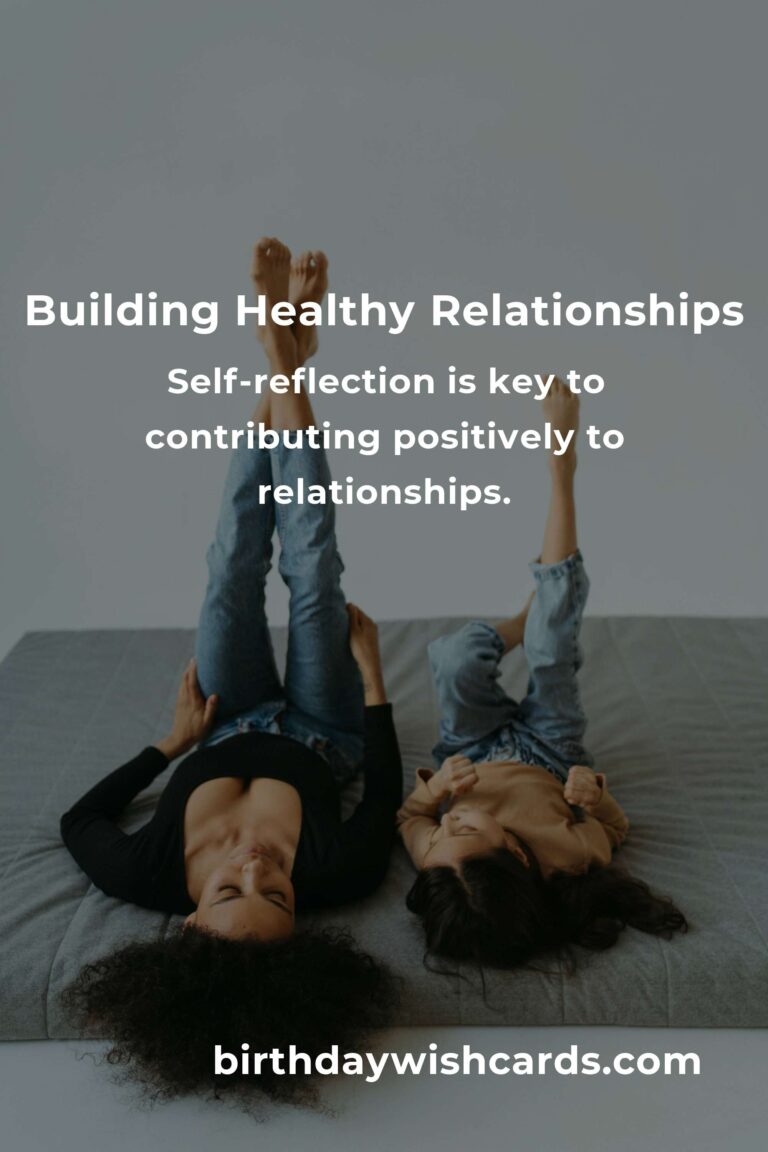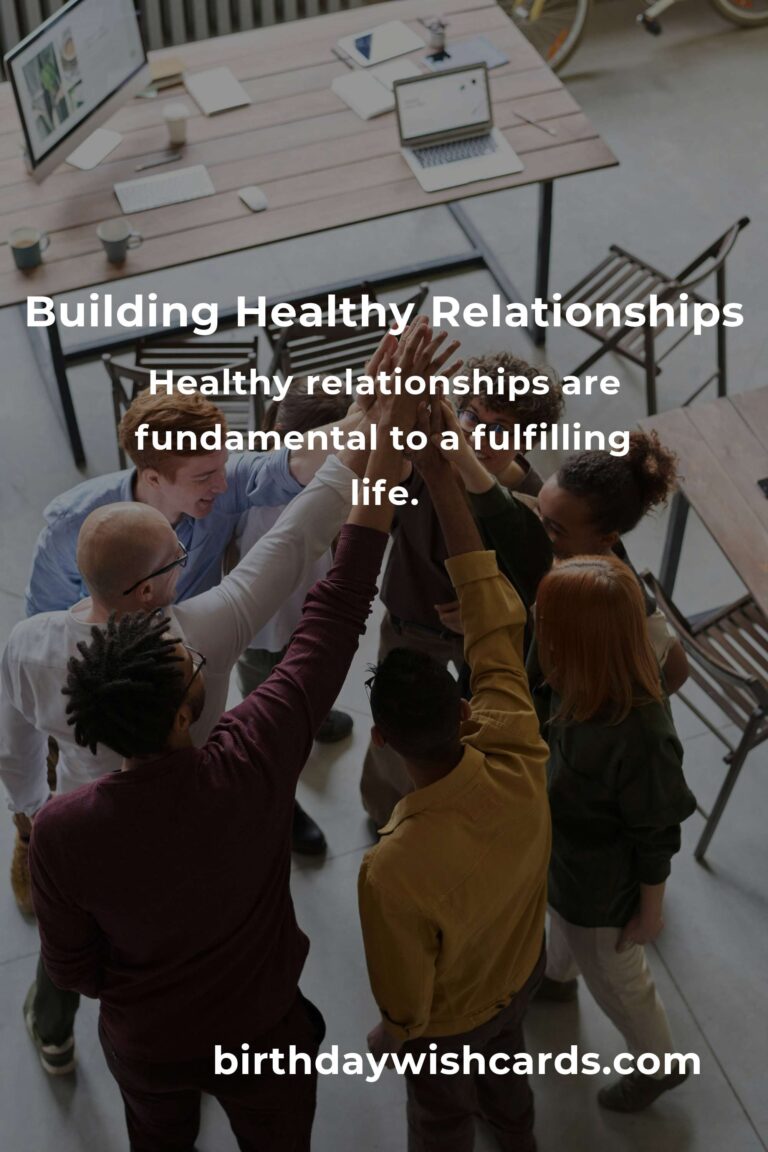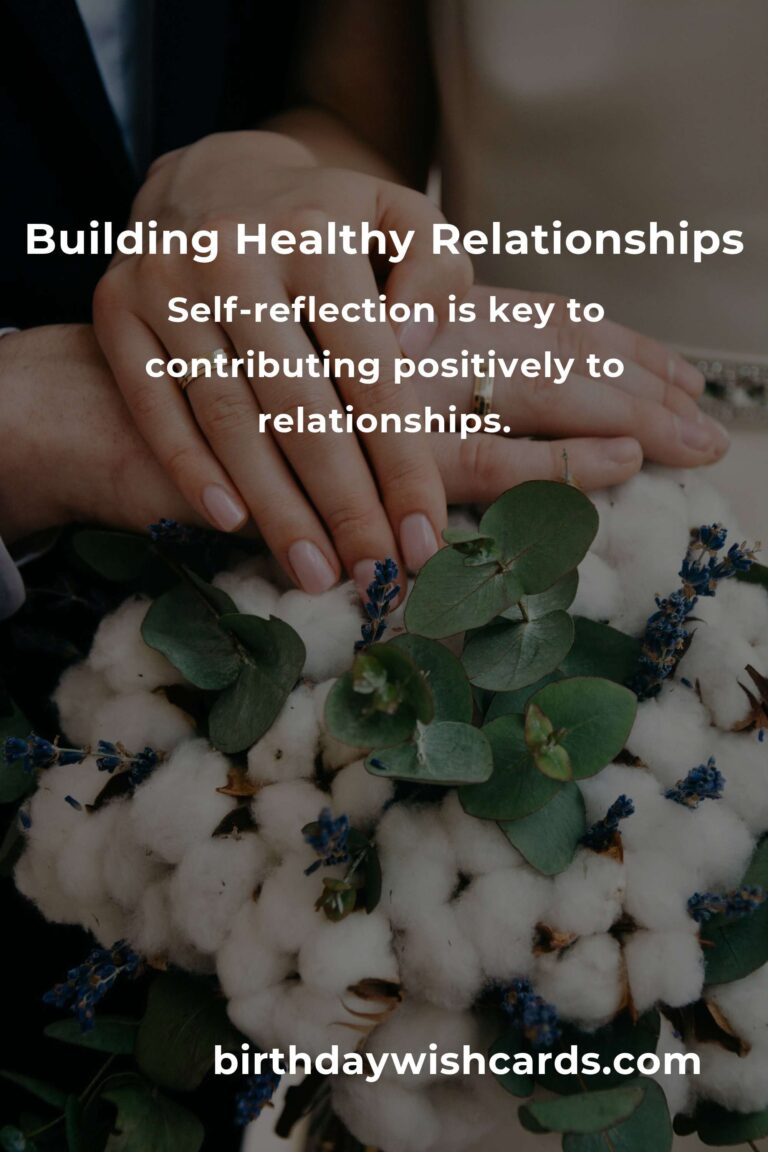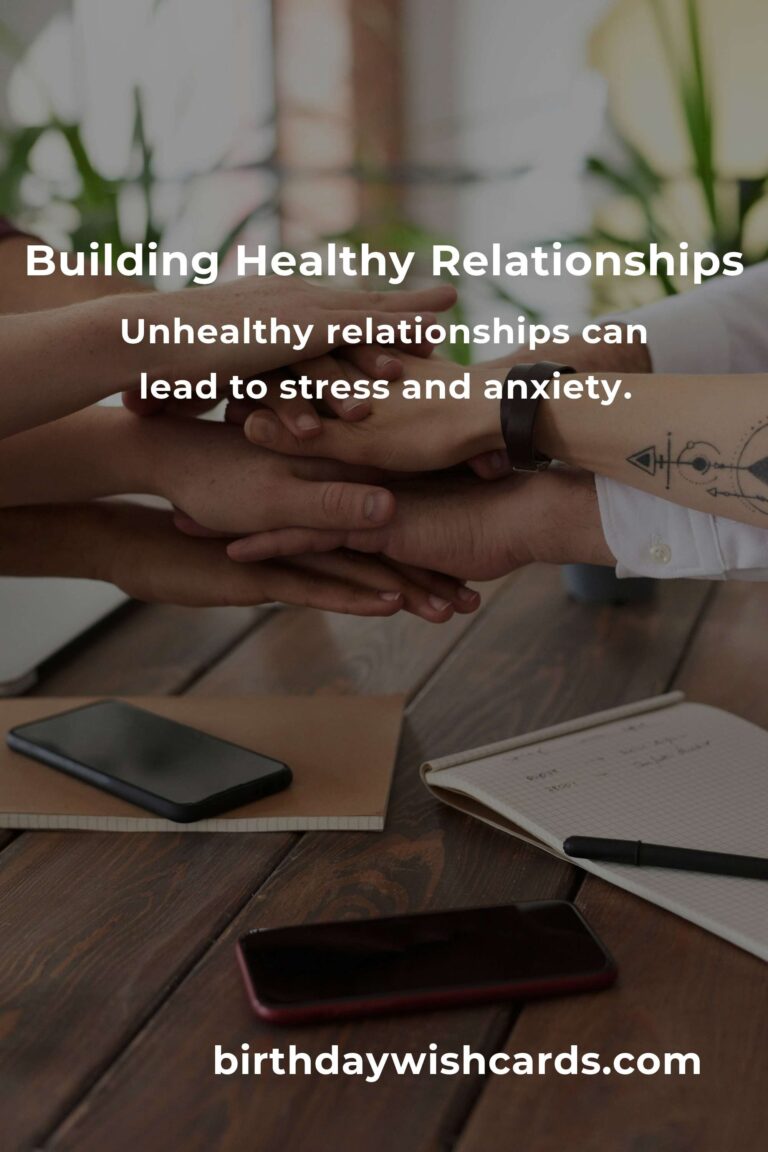
Healthy relationships are fundamental to a fulfilling life. They provide emotional support, increase happiness, and contribute to overall well-being. Whether it’s friendships, family bonds, or romantic partnerships, nurturing these connections can lead to personal growth and transformation.
Understanding the Importance of Healthy Relationships
Healthy relationships are crucial for mental and emotional health. They offer a sense of belonging and security, allowing individuals to express themselves freely and grow. Positive interactions can reduce stress and promote a more positive outlook on life.
Characteristics of Healthy Relationships
Healthy relationships are built on trust, respect, and communication. Trust allows individuals to feel safe with each other, knowing that their vulnerabilities will not be exploited. Respect is shown through appreciation of each other’s differences and valuing each other’s opinions. Effective communication involves listening actively and expressing thoughts and feelings openly.
Steps to Building Healthy Relationships
Building healthy relationships requires effort and commitment. Here are some steps you can take:
- Practice Active Listening: Pay attention to what the other person is saying without interrupting.
- Communicate Openly: Share your thoughts and feelings honestly while being receptive to feedback.
- Show Appreciation: Regularly express gratitude for the other person’s presence and efforts.
- Set Boundaries: Clearly define what is acceptable and what is not, to maintain mutual respect.
- Resolve Conflicts: Address disagreements calmly and seek solutions that satisfy both parties.
The Impact of Unhealthy Relationships
While healthy relationships enhance life, unhealthy ones can have the opposite effect. They may lead to stress, anxiety, and a decrease in self-esteem. Signs of an unhealthy relationship include constant criticism, lack of trust, and controlling behavior.
Transforming Unhealthy Relationships
If you find yourself in an unhealthy relationship, it’s important to take steps to transform it:
- Recognize the Problem: Acknowledge that there are issues that need to be addressed.
- Communicate Your Concerns: Discuss your feelings with the other person and express your need for change.
- Seek Support: Reach out to friends, family, or professionals for advice and assistance.
- Set Clear Goals: Define what a healthy relationship looks like and work towards achieving it.
The Role of Self-Reflection in Building Relationships
Self-reflection is a critical component in building healthy relationships. It involves examining your own behaviors and attitudes to understand how they affect others. By recognizing areas for improvement, you can contribute more positively to your relationships.
Conclusion
Transforming your life with healthy relationships involves understanding their importance, identifying the characteristics of positive connections, and actively working to build and maintain them. By focusing on trust, respect, and communication, you can foster relationships that enhance your life and contribute to your personal growth.
Healthy relationships are fundamental to a fulfilling life. They offer a sense of belonging and security. Building healthy relationships requires effort and commitment. Unhealthy relationships can lead to stress and anxiety. Self-reflection is key to contributing positively to relationships.
#HealthyRelationships #PersonalGrowth #Wellbeing













